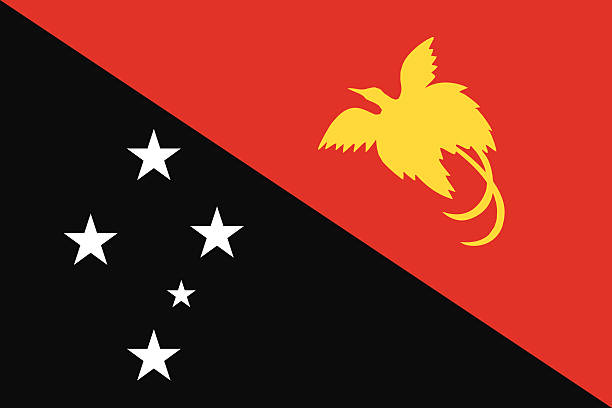Wednesday 12October 2022
Prime Minister Hon. James Marape has welcomed the latest World Bank report on Papua New Guinea, which shows that the Government’s economic reform programme is delivering on its promise of better times ahead.
The latest World Bank Economic Update released last month stated that the economy in PNG is forecast to expand by 4 per cent in 2022, up from 1 per cent in the previous year.
This return to growth following a sharp contraction of -3.5 per cent in 2020 was mostly driven by strong performance in the non-extractive sector, with agriculture being among the key contributors to economic recovery.
The report, ‘Benefiting from High Commodity Prices’ looks at recent key developments in PNG’s economy, and places these in the longer-term global and regional context where growth is decelerating and inflation is surging in many countries due to rising food and energy prices, largely caused by disruptions in the supply chain triggered by the Russia-Ukraine war.
Despite the challenging external environment, the economic outlook in PNG remains positive, underpinned by a projected recovery in the extractive sector, higher commodity prices, and gradual recovery in economic activity. On top of this, the easing of COVID-19 policies by local authorities is increasing domestic economic activity.
Agriculture played a key role in the economic recovery beginning in 2021 driven by higher export volumes of tea, palm oil, and copra. The extractive sector did not rebound in 2021 also due to disruptions to mining operations. Nonetheless, elevated prices for commodities – in particular natural gas – will likely provide the country with additional revenue this year.
“The report shows that economic growth is expected to be 4 per cent this year, indicating significant economic rebound for Papua New Guineans,” PM Marape said.
“It is very pleasing to see that our reform policies are bearing fruit, despite the difficult conditions across the word caused by COVID-19, and now the Russia-Ukraine war, which limited growth to 1 per cent last year.
“Most importantly, PNG’s economic Gross Domestic Product (GDP) growth has been generated primarily from the non-mining or non -extractive sector: in 2021 4.2 per cent and in 2022 3.5 per cent.
“The biggest beneficiaries of this will be the people in rural areas working in agriculture, forestry and fishing and its associated sectors.
“The report advocates the Pangu Pati-led Government’s emphasis on the non-resource sector, in particular the funding it received during 2020 and 2021 as a COVID-19 emergency response package.”
In its Mid-Year Economic and Fiscal Outlook, Treasury forecasts an increase in revenue from K13.67 billion in 2021 to K17.07 billion in 2022 – a 23.1 percent rise. Not only was the ambitious Budget revenue target of K16.19 billion surpassed, it was exceeded by K875.8 million.
“Coupled with our efforts to boost the non-resources sector, we have also successfully developed a long list of resources projects that are at various stages of agreement and development,” he said.
He said this more balanced approach to national development – a people-first approach that gives priority to and encourages our human resources – is the foundation for the success so far of our reform programme.
Mr Marape added, the World Bank report gives credence to his government’s prediction that by 2027, the Budget will be in surplus, and by mid-2030s PNG would have paid off all its sovereign debt on the way to becoming a K200-billion economy.

